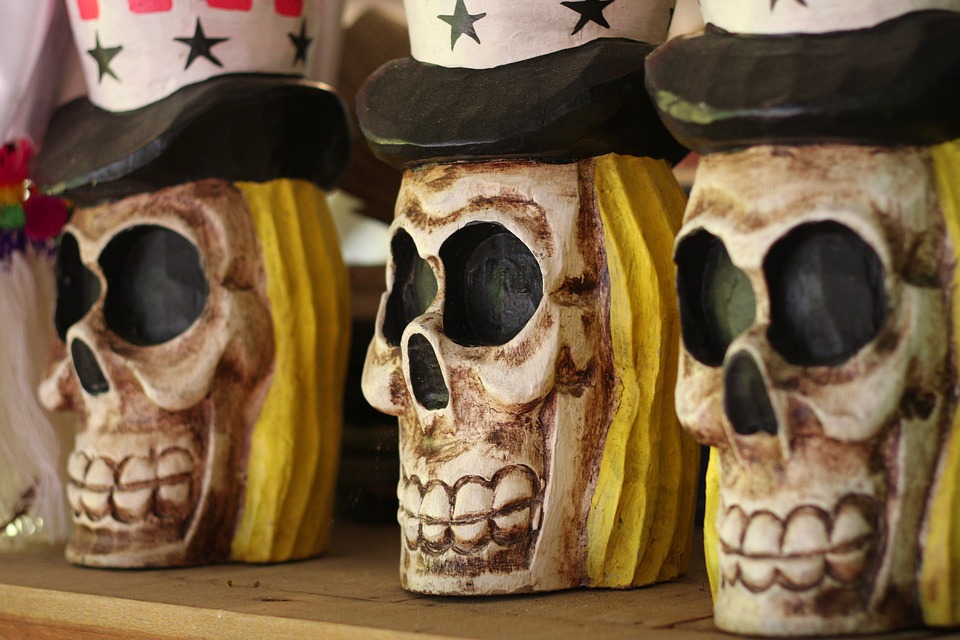
For any state, regime change is a fraught and dangerous moment. So when the regime that’s changing is the international system of states, the hazards and complexity multiply enormously.
With all the alarums and agonies that now crowd the international stage, it’s easy to miss an overarching reality: the nature and shape of the global order is morphing rapidly.
I grasped towards that fundamental puzzle in debating the question: Is the world entering a new cold war or a hot peace?
The cold war/hot peace debate is about defining what we see around us, trying to understand the international system coming into view.
As foreshadowed in my previous column, that debate was run and won on Wednesday at the Canberra HQ of the Australian Institute of International Affairs.
I argued that what’s in front of us should be called a hot peace. The former Australian diplomat Tony Kevin put the case for calling it a new cold war.
The debate was a champagne challenge (because alcohol is an operational fluid of defence and diplomacy) and the winner had to buy the champagne.
I got to pop the cork because the AIIA meeting gave 36 votes to hot peace and 15 votes to new cold war.
Tony argued it’s all the fault of Trump administration (he had a wonderful slide of the villains—Donald Trump’s hair, John Bolton’s moustache). Just back from another trip to Russia, Tony spent most of his presentation giving a Russian perspective. To caricature his approach (in debating tradition), Tony offered a variation of standard Putinism: Russia is a victim of the irrational hatred of the West which doesn’t understand how much Russia has changed; Russia is under attack and must defend itself. My response: Russia is doing plenty of attacking: Crimea, Ukraine and the US presidential election.
The Russia flavour allowed me to use a story from Kevin Rudd’s memoirs that deserves its place under the anecdote rule (even if of marginal relevance, wonderful yarns must get a run).
During his second stint as prime minister in 2013, Rudd had a telephone conversation with Vladimir Putin, when the Russian leader enthused that there were no ‘fundamental contradictions’ in the bilateral relationship with Australia and therefore no impediments to taking relations to a whole new level. As Rudd recounts:
I agreed with Putin enthusiastically. But I then added one final point. I said, ‘Of course, Mr President, you understand why there are no deep contradictions between our two countries. And why we have such a good bilateral political relationship?’
Putin became curious. He asked, ‘Why do you think that is the case, Prime Minister?’
‘The reason I believe, Mr President,’ I replied, ‘we have such a good bilateral political relationship is that for much of the last hundred years we’ve had practically nothing to do with each other!’
There was a long pause. Followed by a much longer, sustained belly laugh.
Whenever they’ve met since, Rudd wrote, Putin has recalled that ‘conversation on the deep advantages of geographical separation in fostering a first-class diplomatic relationship!’
While Tony Kevin and I disagreed on how to label our new era, there’s much we agreed on. And that reflects the point about peering through the immediate struggles and complexity to understand the changing system, to see where the trends are going.
Asia’s biggest challenge in the 21st century will be to do a better job of avoiding the world wars Europe initiated in the last century. A question almost as potent is how Asia will reshape a global order created by Western ideas about the role of the nation, the purpose of the state and the rights of the people.
Henry Kissinger in World order calls this the ultimate problem of our day, ‘the crisis in the concept of world order’. The ultimate challenge for statesmanship, Kissinger writes, will be ‘a reconstruction of the international system’.
In the AIIA debate, I several times talked about what we’re facing as the ‘post-American world’. The image/definition is drawn from a fine book Fareed Zakaria published in 2008 amid the great financial crash: The post-American world and the rise of the rest.
The rise of the rest is the point. After the bipolar cold war frigidity, America basked in its unipolar moment, coinciding with a golden period of globalisation that was based on America’s idea of how the world works and trades. Since the financial crisis, globalisation has become slowbalisation.
The multipolar era is upon us in all its fascinating messiness.
America is still the military superpower, but as Zakaria argues, ‘in every other dimension—industrial, financial, educational, social, cultural—the distribution of power is shifting, moving away from American dominance. That does not mean we are entering an anti-American world. But we are moving into a post-American world, one defined and directed from many places and by many people.’
Donald Trump’s ‘America First’ policy is a declaration that the hegemon is declining back to the status of normal big power, worried more about itself than the nature of the international system.
In the remaking of the global order, Trump is the first president of the post-American world.

